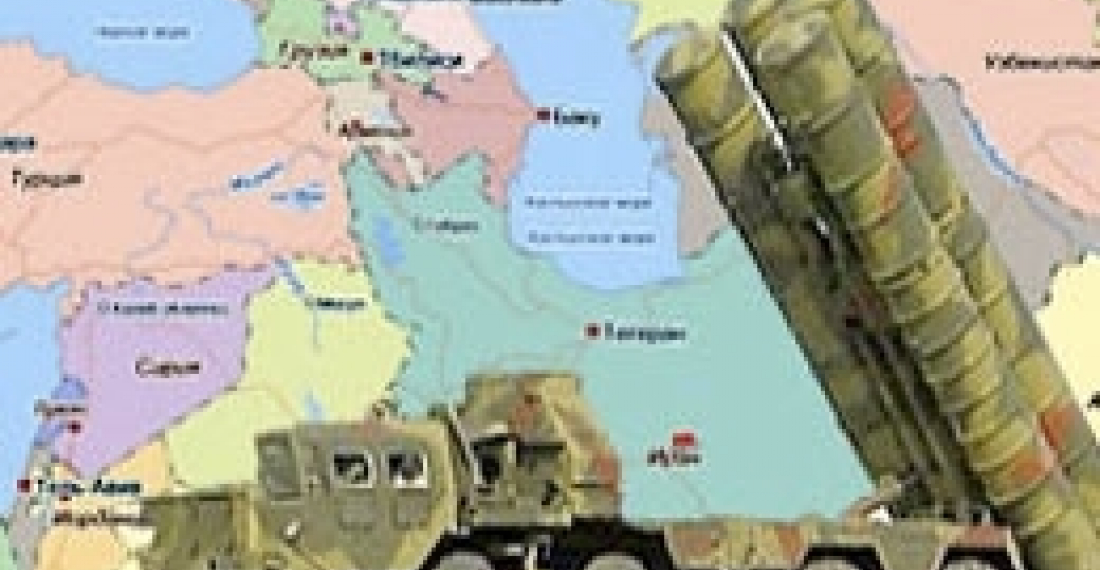Тактико-технические характеристики комплексов С-300 при их дислокации в Сюникской области Армении позволяют покрывать воздушное пространство Нагорно-Карабахской Республики. Об этом в беседе с корреспондентом АрмИнфо заявил военный эксперт Аркадий Григорян, комментируя публикацию американского Центра военного анализа - IMINT.
Центр обнародовал спутниковые фотографии российских и армянских систем ПВО в регионе. Григорян подчеркнул, что наличие дивизионов С-300 на территории Армении - это не новость и не должно никого удивлять. При этом он подтвердил, что количество дивизионов за последние годы лишь увеличивалось.
Отметим, как передает агентство Turan, эксперт центра IMINT Шон О'Коннор, заявил, что данные изображения свидетельствуют о появлении новых комплексов С-300 в Армении и Абхазии, причем оба места дислокации имеют значительный потенциал для развертывания. В докладе американского центра отмечается, что до 2008 года Армения импортировала компоненты, по крайней мере, трех батарей С-300, заменяя устаревшие С- 125 для защиты Еревана. "В 2010 году Россия разместила дополнительную пару С-300 в провинции Сюник рядом c Горисом и селом Кагнут, обе батареи в семи километрах от границы с Нагорным Карабахом. Батареи используют мобильный радар 5N63S и радар для малой высоты. Согласно снимкам 2011 года, в районе Гориса в настоящее размещены несколько батарей. Развертывание там С-300 берет под защиту ПВО Армении весь регион Нагорного Карабаха", - отмечает американский аналитик.
IMINT также отмечает, что расположенные там C-300 могут также прикрывать аэропорт возле Степанакерта. Кроме того, при такой дислокации С-300 закрывает существующий воздушный зазор и позволяет Армении блокировать воздушное сообщение Азербайджана с Нахиджеваном.







